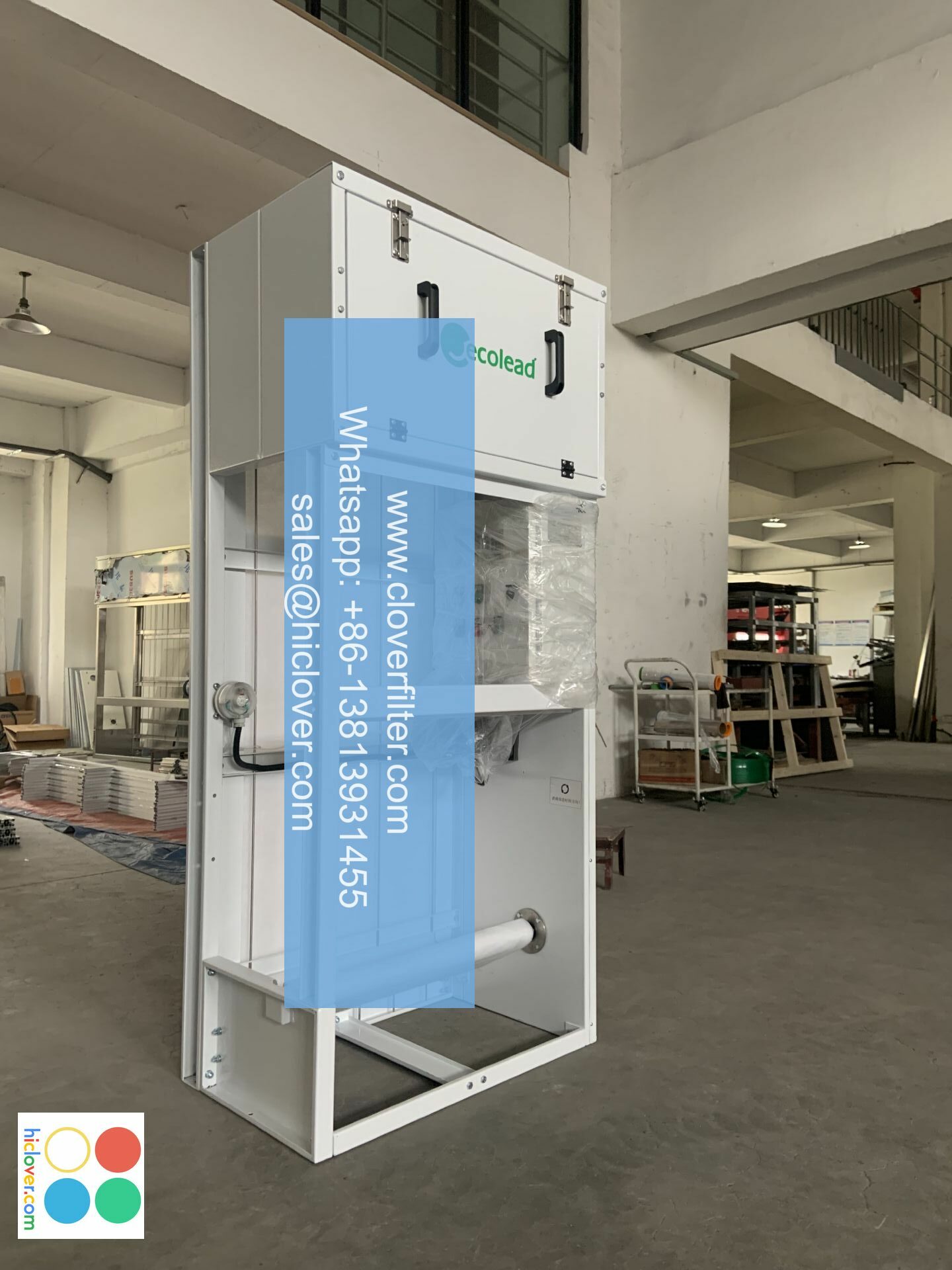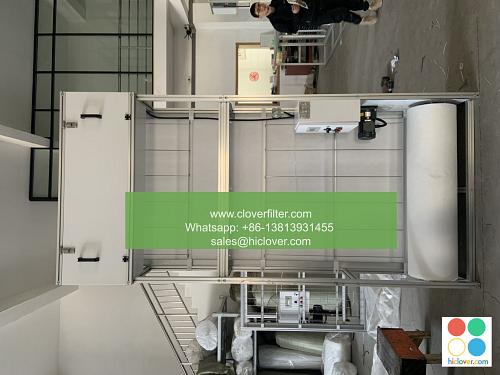Air Filter Tips for Reducing Waste

As concern for the environment continues to grow, individuals and organizations are seeking ways to reduce their ecological footprint. One often overlooked area is air filtration, where proper air filter maintenance and selection can significantly minimize waste. In this article, we will delve into air filter tips for reducing waste, exploring various application areas such as indoor air quality, commercial HVAC systems, and residential air purification.
Understanding Air Filter Types and Their Impact on Waste
To reduce waste, it’s essential to understand the different types of air filters available, including HEPA filters, activated carbon filters, and pleated filters. Each type has its unique characteristics, efficiency, and waste generation potential. For instance, HEPA filters are highly effective in capturing small particles but may require more frequent replacement, leading to increased waste if not properly recycled or disposed of.
Strategies for Reducing Air Filter Waste
Several strategies can be employed to minimize air filter waste:
– Regular maintenance: Cleaning or replacing filters as recommended by the manufacturer can extend their lifespan and reduce the need for frequent replacements.
– Filter recycling programs: Participating in recycling programs or implementing in-house recycling for used air filters can significantly reduce the amount of waste sent to landfills.
– Sustainable filter options: Choosing air filters made from eco-friendly materials or designed with environmental sustainability in mind can lower the overall environmental impact.
– Air filter reuse: In some cases, air filters can be reused after cleaning, though this should be done with caution and in accordance with the manufacturer’s guidelines to ensure indoor air quality is not compromised.
Application Areas for Waste Reduction
The application of air filter waste reduction strategies can be seen in various sectors:
– Commercial buildings: Implementing energy-efficient HVAC systems with long-lasting air filters can minimize both energy consumption and waste.
– Residential homes: Using high-quality air purifiers with washable filters can reduce the frequency of replacements and lower household waste.
– Industrial settings: Large-scale industries can benefit from custom-designed air filtration systems that prioritize efficiency and waste reduction, contributing to a more sustainable manufacturing process.
Conclusion
Embracing air filter tips for reducing waste is a crucial step towards achieving environmental sustainability. By understanding the types of air filters, implementing maintenance and recycling strategies, and adopting sustainable practices, individuals and organizations can significantly lower their ecological footprint. As technology continues to evolve, the development of more eco-friendly air filtration systems and waste management solutions will play a vital role in protecting indoor air quality and the environment. Prompt

